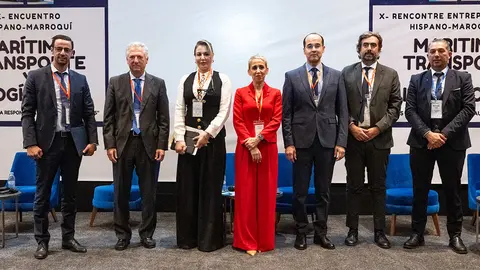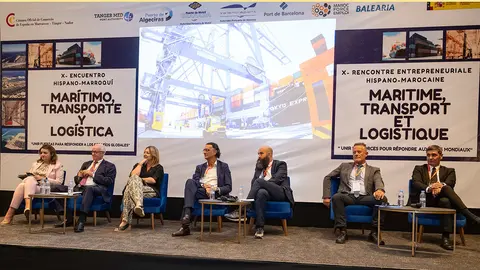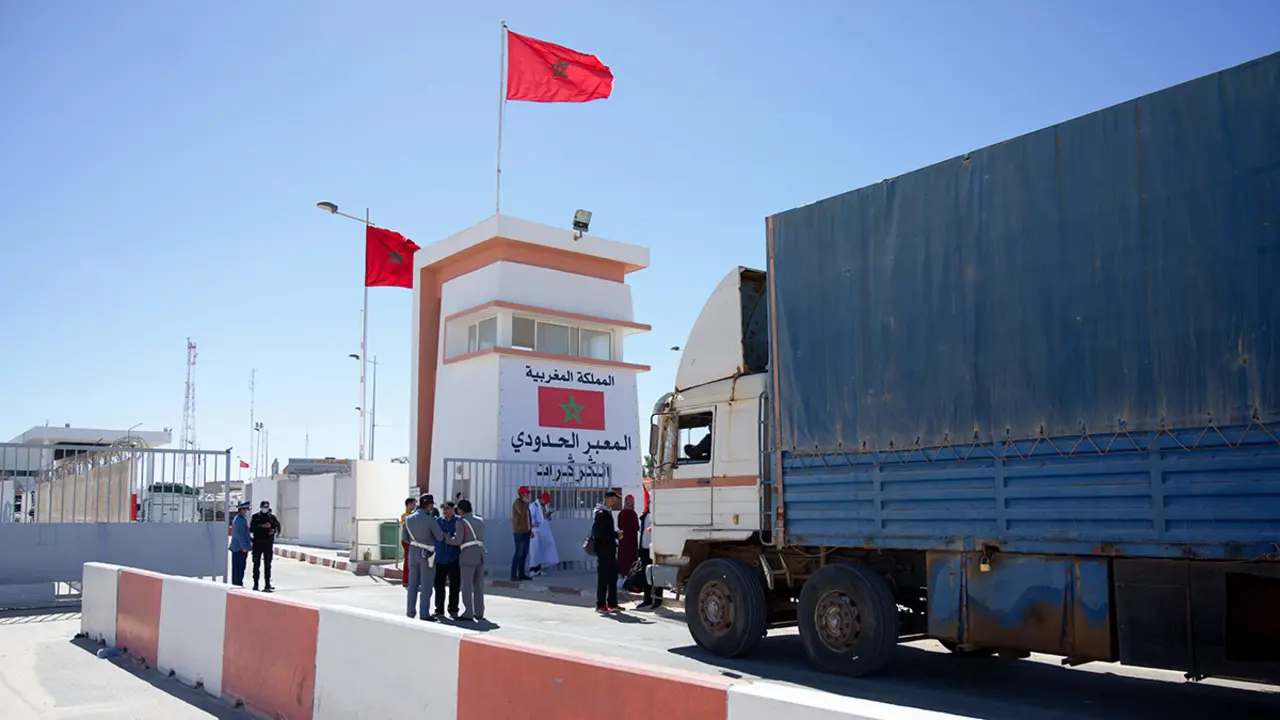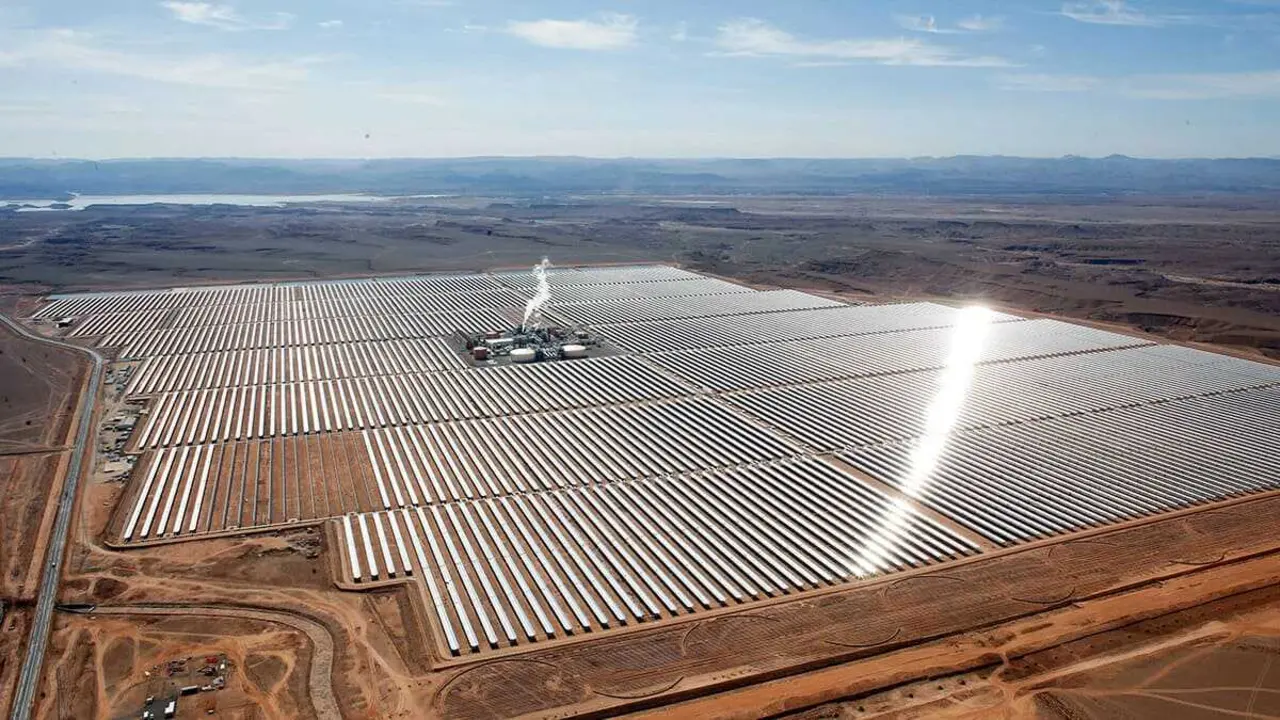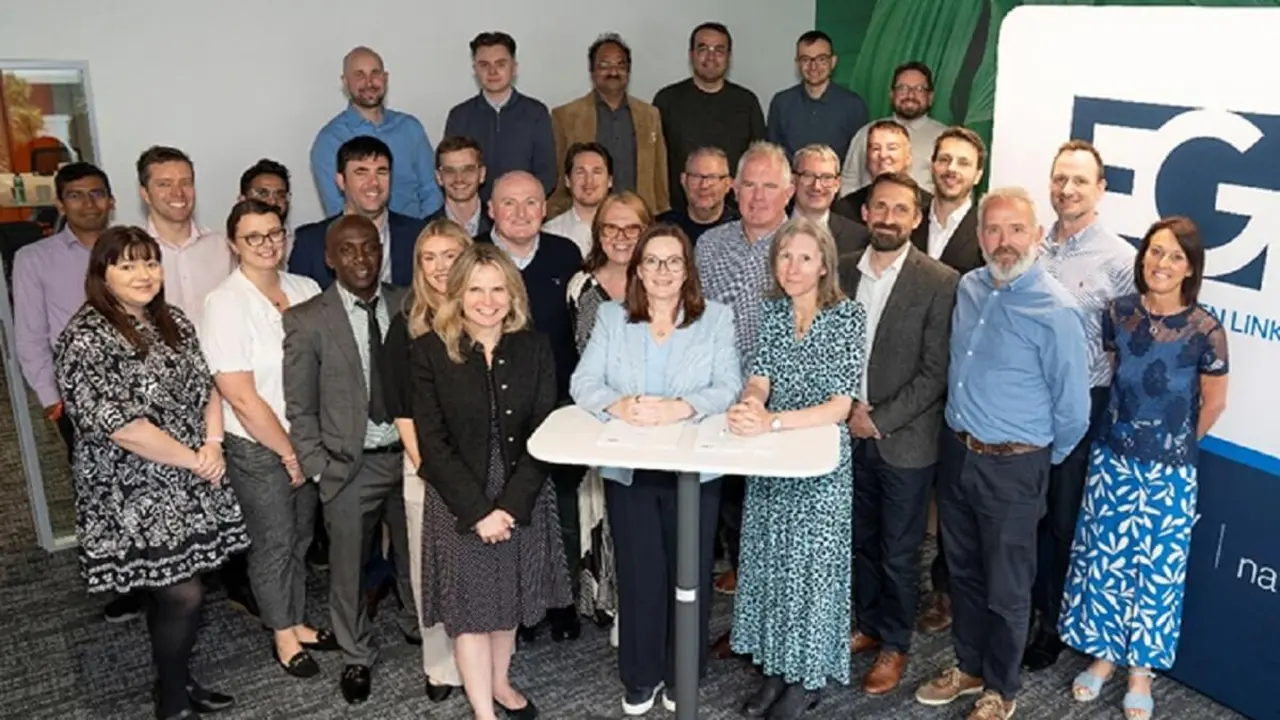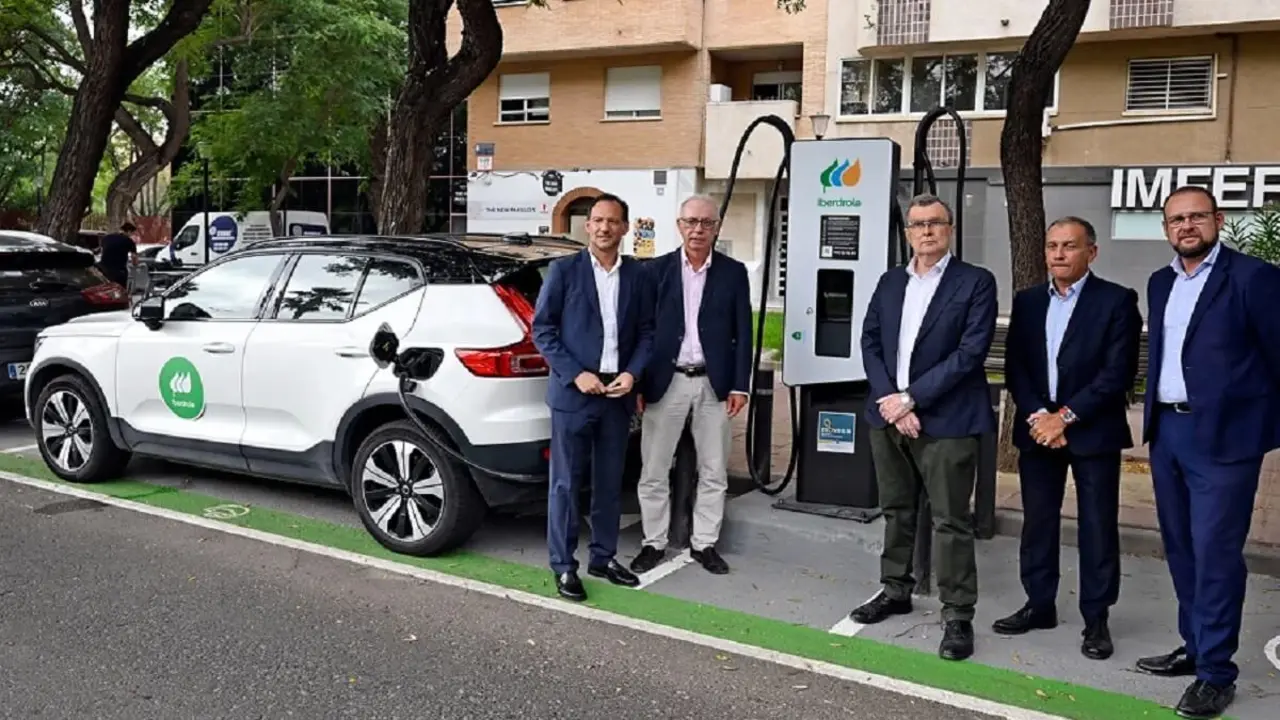The maritime, logistics and transport challenge towards a green transition
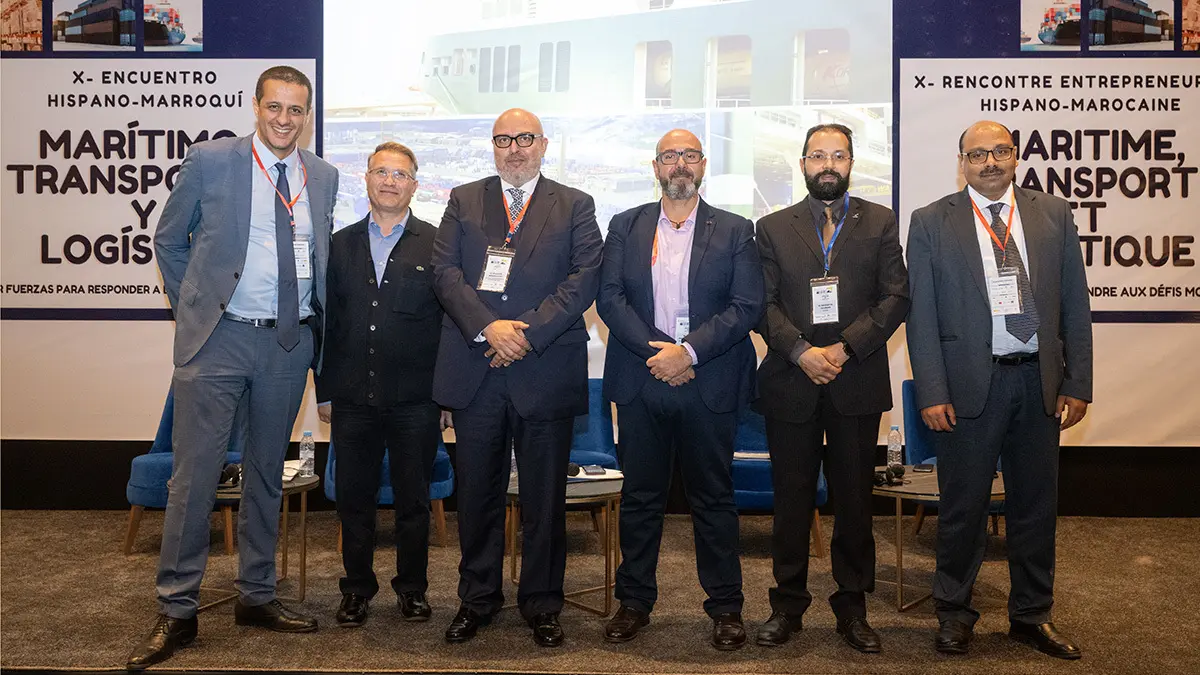
- Barcelona 2025: 100% digitised port with zero paper
- ONSSA: from food control to food security
- CGEM Tangier-Tetouan-Al Hoceima: decarbonisation of the sector is the great challenge of the century
- Somanador: digitalisation is the key to logistical efficiency
- Moroccan Economic Operators Club
The 10th edition of the 10th Spanish-Moroccan Maritime, Transport and Logistics Meeting highlighted, in its tenth edition, the major challenge currently facing this sector with regard to decarbonisation and the energy transition towards clean energy sources.
Barcelona 2025: 100% digitised port with zero paper
Zouhair Benjelloun, commercial representative of Barcelona in North Africa for the Port of Barcelona, listed the successes and achievements of the urban port of Barcelona which has 1,000 companies, 38,000 workers, 16,000,000 visitors and 4.5 million travellers; as well as being the headquarters of 40% of international companies.
‘The fourth largest port in the world specialising in the automotive sector, especially electric cars, is experiencing major growth thanks to the efficiency of its operations and the expansion of its space with the 8th terminal’, explained Benjelloun, affirming that ‘by 2025, the port will be 100% digitalised with zero paper’.
Benjelloun pointed out that ‘the Port of Barcelona had launched two years ago the energy transition plan to be self-sufficient in renewable energy with a strategy of electrifying all the terminals, consolidating the circular economy, building large warehouses and looking for alternative fuels’.
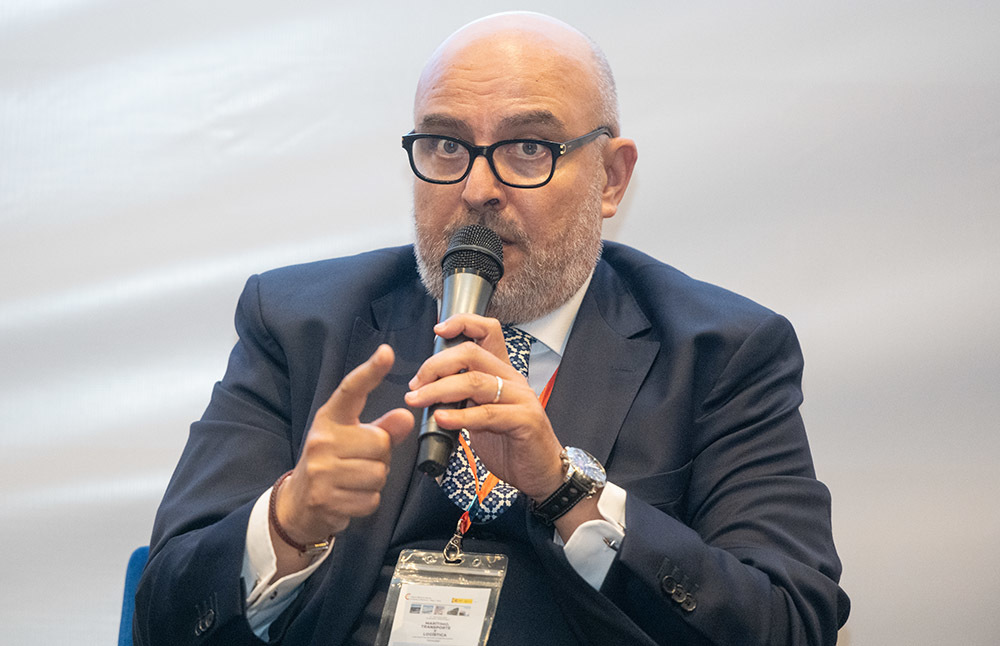
ONSSA: from food control to food security
Hicham El Hassani, regional director of the National Office of Food Safety, stresses the importance of this body's mission in protecting consumer health, thanks to the capacity of laboratories and their compliance with international standards.
‘Consolidating the control of food products is part of the Moroccan vision programme to create mobile units in the provinces to strengthen control by 2030,’ said El Hassani, stressing the importance of digitisation in these measures.
Morocco is developing its intervention plan for the control of food products through its national platforms in collaboration with European platforms in order to reinforce border controls, according to the ONSSA representative.
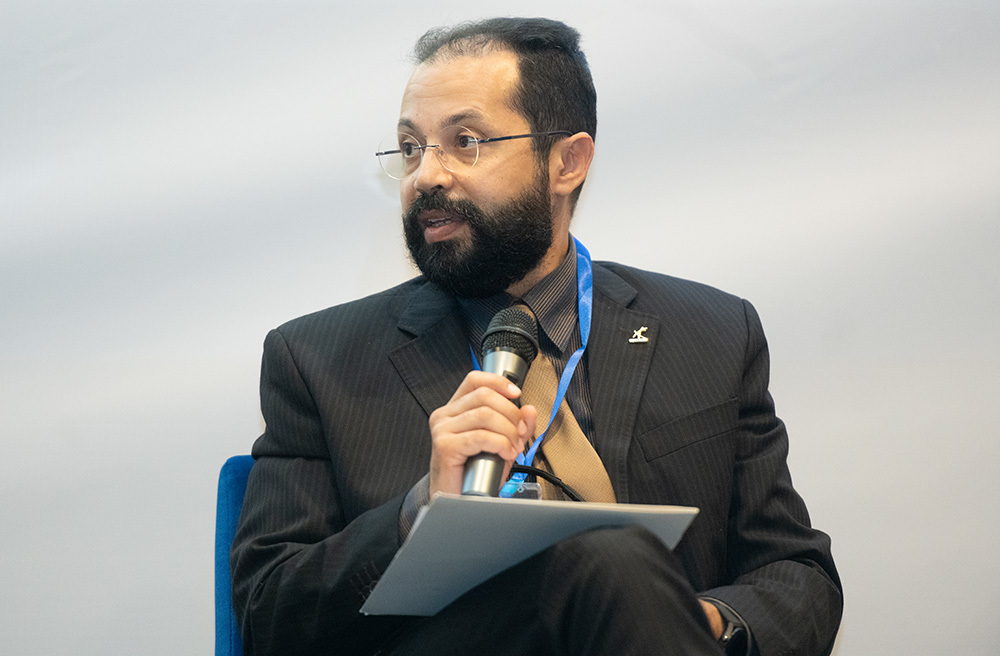
According to Hicham El Hassani, the plan includes the development of control infrastructures and laboratories equipped with state-of-the-art technology, such as the Loukkos centre, as well as efforts to strengthen the competitiveness of national products and protect them from diseases of animal or plant origin.
‘Ensuring total food safety, building the confidence of national consumers and international partners are among the main objectives of the National Food Safety Office,’ concluded El Hassani.
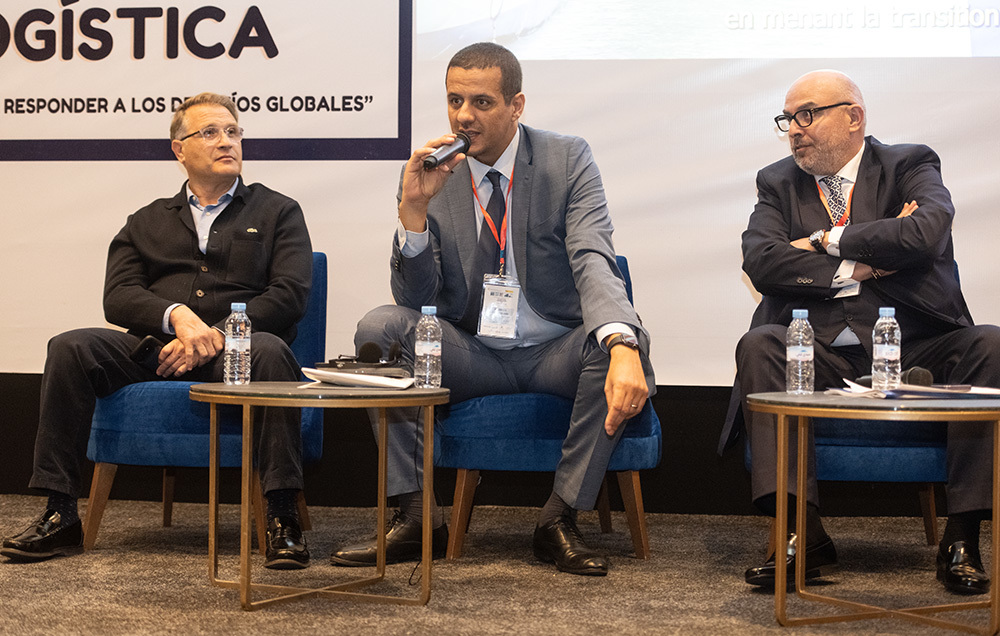
CGEM Tangier-Tetouan-Al Hoceima: decarbonisation of the sector is the great challenge of the century
Driss Bernoussi, President of the Logistics and Value Chain Optimisation Commission, pointed out that ‘logistics initiatives have been initiated by the sacred and successful Tangier Med project’, explaining how the world had experienced a decisive stage with COVID-19, which had marked a turning point for the maritime industry, transport and logistics.
For the General Confederation of Moroccan Enterprises (CGEM), digitalisation and decarbonisation represent some of the greatest challenges for the global economy, which require permanent and ground work; given that the sectors are increasingly moving towards environmental protection and sustainability as an inevitable priority.
The representative of the General Confederation of Moroccan Enterprises stressed that ‘the environmental approach has become the focus of interest of companies, it is no longer an option, but a necessity as is the use of technology’.
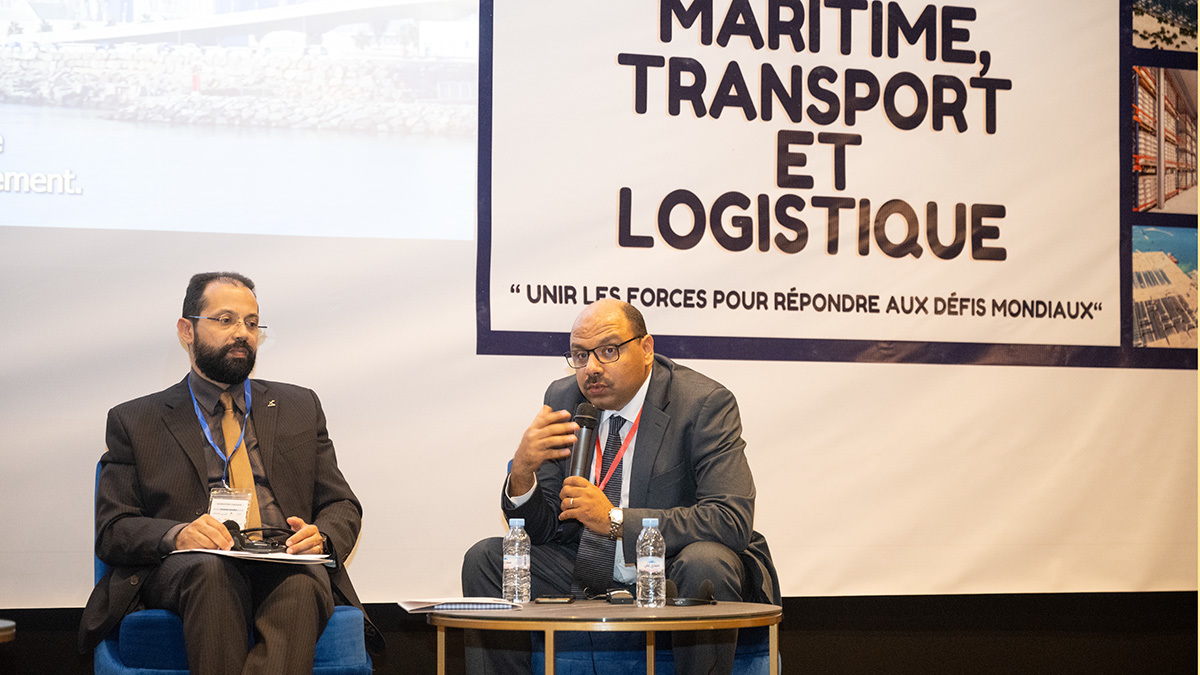
Somanador: digitalisation is the key to logistical efficiency
Faysal Yahyaoui, commercial director of the company Somanador, announced that ‘Morocco has two gateways, if not Tangier then Nador, which is going to have a prosperous future thanks to the great port of Nador West Med and which is going to change the reality of the whole area’.
‘Improving cargo platforms, making them more efficient with high quality services is what allows us to satisfy increasingly demanding customers with “Just In Time”,’ he said, insisting that digitalisation is the key point for logistics efficiency, which requires connecting with each other.
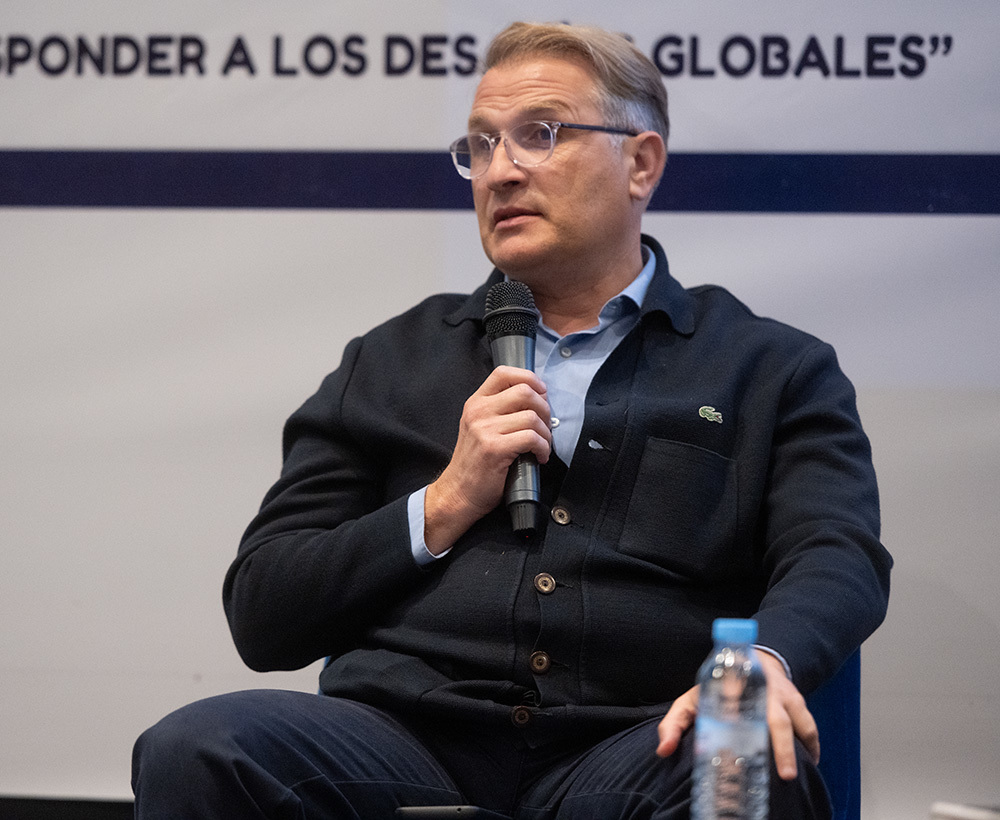
Moroccan Economic Operators Club
Mostafa Fakir, the representative of the Economic Operators Club of Morocco, explained that ‘today's business has no choice but to control its sources of suppliers while respecting EU standards in terms of decarbonisation’.
‘When talking about the facilitation and liberalisation of foreign trade, we must mention that we are talking about the restriction of tariff barriers and the carbon footprint that represent the new reality marked by the approach to environmental protection,’ concluded Fakir, highlighting the role of the Club in promoting and disseminating this reality.

